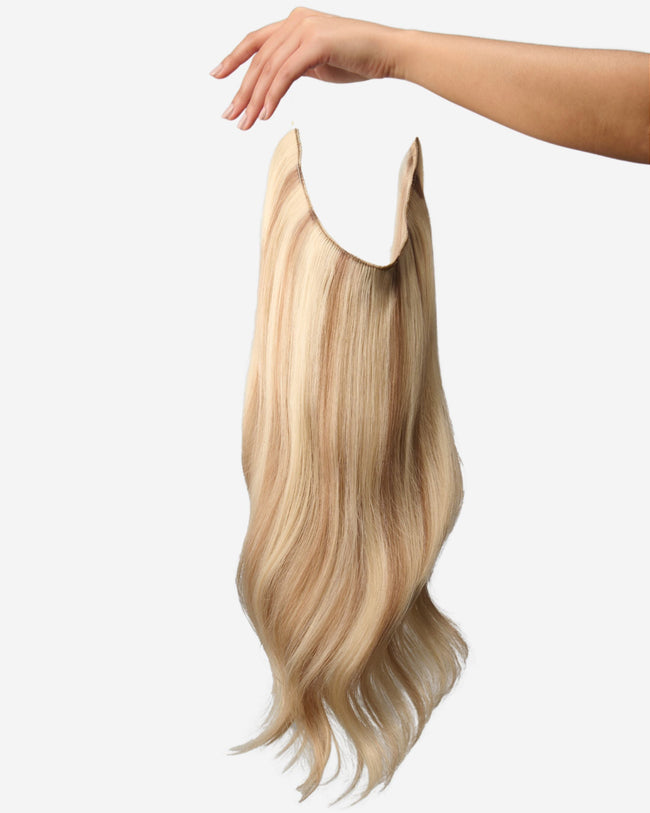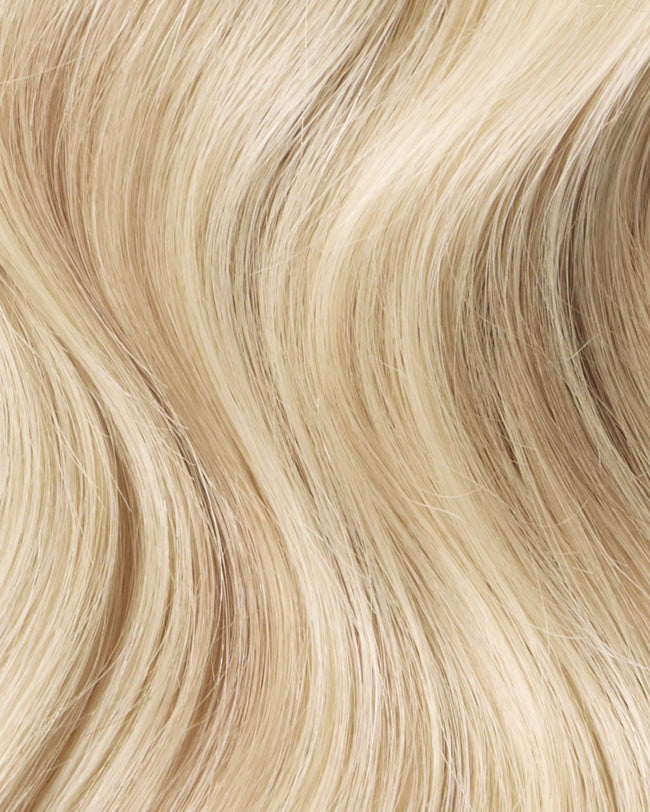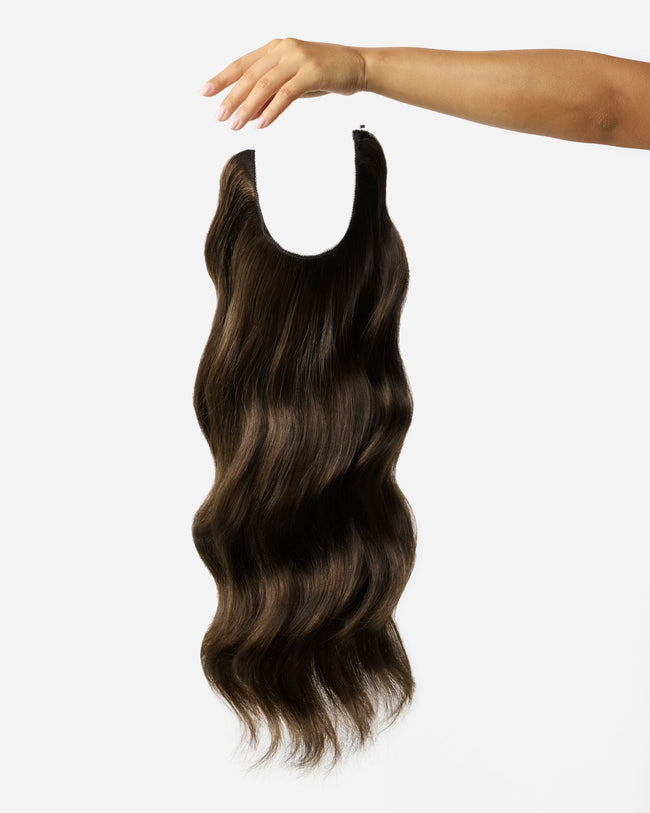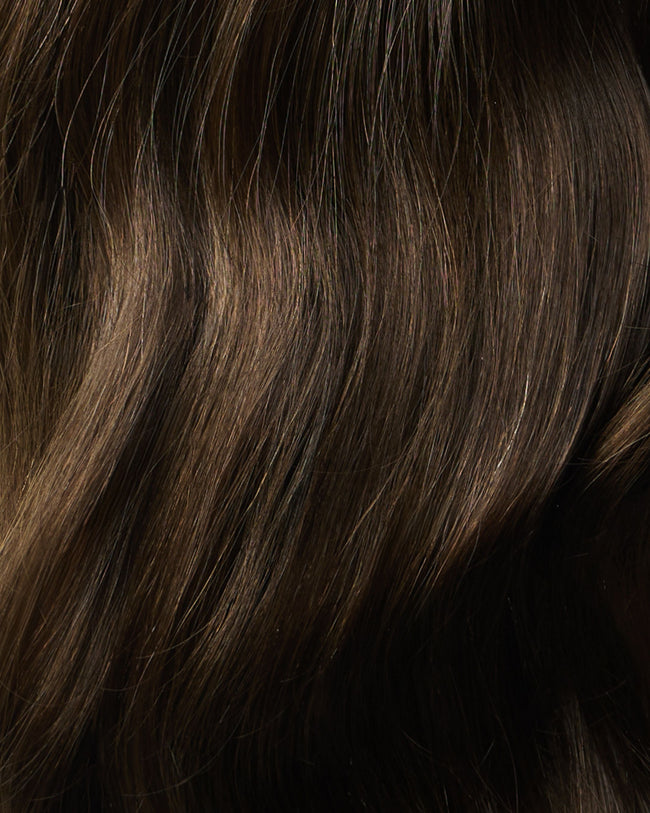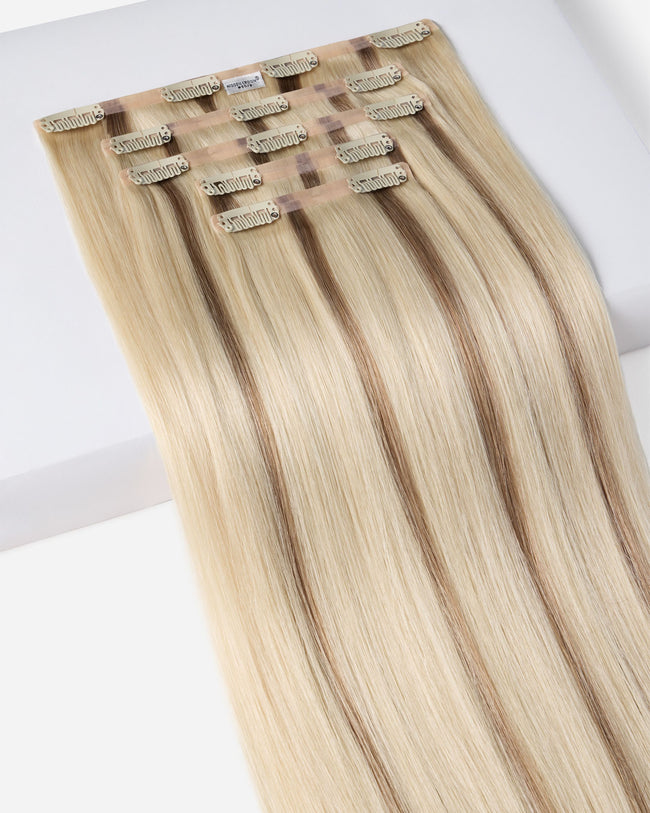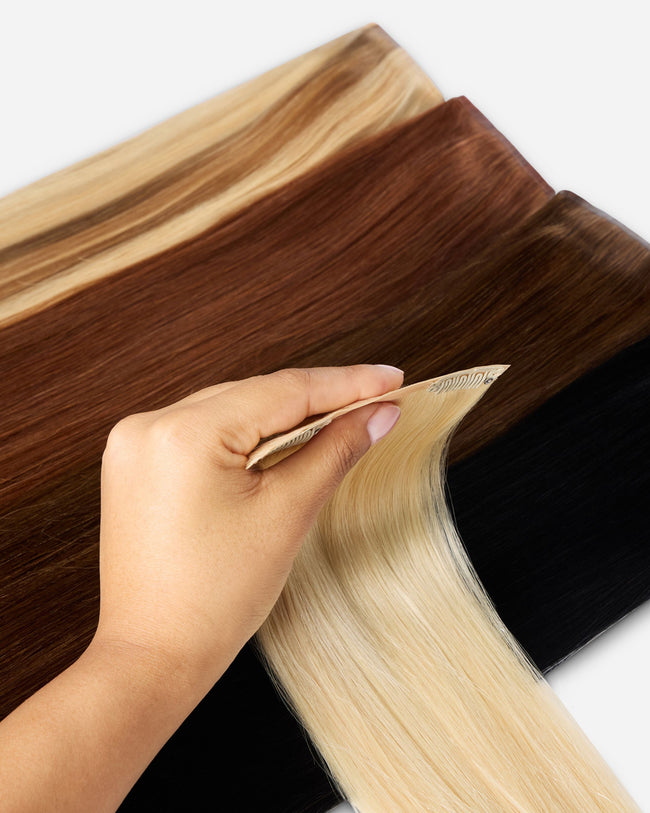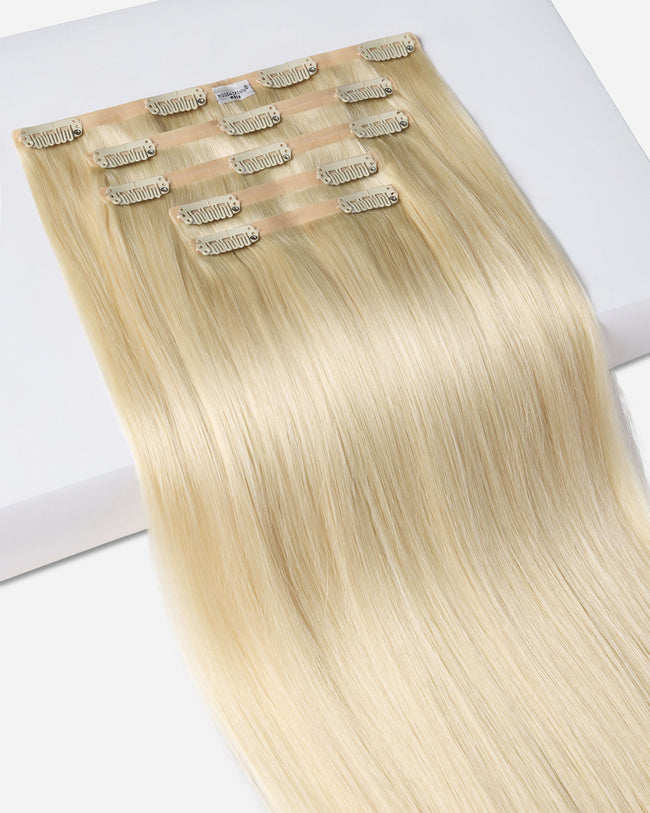
How to Deal With Hair Loss
Hair loss can be a disheartening and traumatic experience, especially for women who once had full, long, voluminous locks. Self-confidence often comes from one’s appearance, and this can make you feel like you are losing a part of yourself! Losing hair can be the body’s physiological response to stress, so it does not always have to do with hormones – there are a multitude of factors that can cause you to lose hair ranging from lifestyle choices to health issues. While it can seem like a disaster, there are many ways to cope and rectify the issue.

So, what causes hair loss?
Humans lose on average about 100-150 single strands of hair per day – this is normal. When hair starts to shed off in clumps, or your scalp starts to become visible, then it is considered hair loss. Our hair grows 1/2 inch every month, so a sign of slowed or stopped growth can also be a sign of hair loss. A common temporary hair loss condition known as telogen effluvium can be caused by extreme bodily stress: surgery, childbirth, or a serious illness. The stress causes the hair follicles to go into a dormant state called the telogen phase. When a large portion of follicles fall into this “resting” period, they stop growing hair. Within a few months after the stressful bodily event, the hair will start to shed. This condition is fully reversible, and the hair will begin to grow back after the shedding. Other less common causes of hair loss is poor diet and lack of essential vitamins, which is mainly seen in third-world countries where residents have little access to proper healthcare and nutrition. Iron deficiencies can cause hair loss, most common in women; during menstruation, the loss of blood equals the loss of iron, and it’s recommended to eat more red meat(a food rich in iron). Chronic bouts of telogen effluvium can also be a sign of alopecia or other illnesses, such as thyroid issues. Make sure to visit your doctor if you have any specific questions or concerns regarding your health and hair loss.

How can we prevent hair loss? And what can we do to cope?
Hair loss can be treated by taking vitamin supplements such as Vitamin C, Biotin, Niacin, Iron and Zinc. Biotin has been shown to prevent hair loss, thicken your strands, and promote hair growth. Although some serious illnesses can hinder hair growth even while maintaining a diet rich in vitamins, in most all cases, hair growth will resume in 3-4 months after beginning your supplements. Unlike many other conditions that affect your physical looks, hair loss is something that can be treatable and easily dealt with! Extensions are a great way for women to cope with hair loss and regain their self-confidence. Because societal norms dictate a woman’s femininity through long, beautiful hair, ladies that are suffering from telogen effluvium and other hair loss disorders generally feel more depressed and anxious! Hidden Crown hair recognizes the beauty in all women whether they have full heads of hair or not. The length and thickness of your hair should never define you as a person. Our extensions are tailored to women all over the world and we want everyone that wears our product to feel confident and glamorous. When it comes to regrowing your natural hair after telogen effluvium, patience is key. It will take a few months but your hair will grow back! For sufferers of Alopecia and other permanent hair loss conditions, our Crown Topper works wonders! Not only does it add volume, but you’ll have a full head of hair on the entire top part of your head. We recommend the combination of the Crown Topper and Halo style extensions for those who have larger portions of scalp showing. Our real human hair extensions look natural and are virtually undetectable by anyone!

We hope that this article was able to shed some light onto what causes hair loss and what solutions are available. Remember, always contact your physician if you have any health concerns.

Until next time, ladies!
XOXO – Hidden Crown
